Russia and Turkey, still divided on the future of Syria
Russian President Vladimir Putin and Turkish President Recep Tayyip Erdogan are making statements for the press, after Russian-Turkish talks.
On Oct. 10, Russian President Vladimir Putin made his first visit to Turkey since last November’s controversial incident, when the Turkish Air Force shot down a Russian bomber. Although the World Energy Congress in Istanbul did not bring any real surprises, the main sensation became the meeting between Russian and Turkish leaders, which demonstrated the two countries’ desire to reconcile despite political disagreements. Yet, existing discord on Syria remains an ongoing obstacle for development of genuine full-scale Russian-Turkish dialogue.
Russian President Vladimir Putin and Turkish President Recep Tayyip Erdogan signed several agreements in Istanbul, with the most important one being the construction of the Turkish Stream gas pipeline. After the incident with the Russian Su-25 bomber last fall, no one believed anymore in implementation of this project.
However, in this particular case, the pragmatism of the Turkish leadership was stronger than existing mistrust. Signing of the intergovernmental agreement is another step towards the implementation of the project. It defines a particular timetable for construction and launch of the Turkish Stream pipeline and also distributes responsibilities between the parties for the building of their share of the pipeline.
The fact that Russia reached its goal and, furthermore, that the construction of the Turkish Stream will consist of two lines – one for Turkey and one for Europe – can be considered as the major achievement. This will significantly decrease the role of Ukraine as a transit state for Russian gas, especially given the ongoing conflict there, and will make Turkey an energy hub that controls export of Russian energy to Europe.
Ankara also negotiated a significant discount for Russian gas. The exact number is unknown, but considering Turkey’s dependency on the Russian gas supply, which satisfies 60 percent of Turkey’s demand, the discount could be quite significant.
Among other major agreement is the restoration of the annual meetings of the high-level Russian-Turkish Cooperation Council. Those meetings were held twice a year since 2010. Such a format allowed the two sides to solve all urgent issues of bilateral cooperation, and in fact, made the U.S. express publicly its concerns about a “strategic alliance” between Moscow and Ankara.
All other Russia-Turkey agreements reached during the World Energy Congress were about sectoral issues. Moscow agreed to continue construction of the nuclear power plant in Akkuyu and to lift the embargo on citrus fruits; however, it kept the ban on vegetables.
Agreements on military and space cooperation were also signed. Unfortunately, the field of application of those agreements is very limited. Russia and Turkey belong to different military-political blocs, and the tensions between those competing blocs continue to rise. This is why, despite numerous attempts that have already been undertaken, military-technical cooperation between the two countries has not been organized on any major level.
However, the military of Russia and Turkey have most certainly discussed communication issues with regard to combat actions in Syria in order to avoid events like last year’s incident with the Russian bomber.
As for cooperation in space, placing Turkish satellites into orbit is certainly a good thing, although it is quite trivial. Almost all countries in the world that have space programs use Russian launchers. However, not a single Turkish citizen has flown into space. Therefore, if Roscosmos (State Corporation for Space Activities is the governmental body responsible for the space science program of Russia and general aerospace research – Editor’s note) decides to prepare the first Turkish astronaut for space flight, that would certainly become an event, uniting Russia and Turkey for a long time.
The world media reported quite extensively about the atmosphere during the Congress. They described how Putin, Erdogan and Azerbaijani President Ilham Aliev were sitting together having a nice chat (most likely Aliev was in the role of interpreter between Putin and Erdogan), how the personal relations between the two are improving, how they were easily conversing during the photo session. On the other hand, too little was written about real achievements, which were actually quite limited.
A genuine breakthrough in Russia-Turkey relations did not happen. The parties did not even restore their relations to the pre-crisis level and the only reason for that is Syria. Russia and Turkey are still divided by political disagreements on the Syria crisis.
During his address to the Congress, Erdogan, among other things, talked about the tragedy that is happening in the Syrian city of Aleppo. Prior to meeting with his Russian counterpart, he talked about the “hordes” of Russian jets in Syrian skies, about the Aleppo blockade and the suffering of children. In words, Ankara is advocating for Syrian political unity and territorial integrity, while in reality, it is trying to implement its concept of a “safe zone” in the north of the country as suggested by the Turkish defense minister.
According to the Turks, Syrian president Bashar al-Assad is a war criminal and must resign, while Russia holds an opposite view on that. This is why, taking into account the fact that Turkish forces are moving closer and closer to besieged Aleppo, the incident with the Russian jet could repeat itself in one form or another, which would eventually bury all intergovernmental agreements reached prior to that.
Until Moscow and Ankara come to a common view on the events in Syria, no serious dialogue should be expected. In contrast to the 1990s, when politics were behind the scenes, letting economics play a decisive role, during the last five years, political tensions between states have destroyed the most beneficial economic and trade relations. Just look at what happened between Russia and Turkey, Russia and the EU, Russia and Ukraine.
Can a new common platform for Russia-Turkey interaction in Syria emerge?
A new format for Russia-Turkey interaction in Syria is undoubtedly possible. Turkish foreign policy with regard to Syria is in a strategic stalemate. Its main goal – toppling of the Assad regime and establishing a pro-Turkish government instead– cannot be achieved today. Turkey spent over $20 billion in five years of the Syrian crisis and in return, it got a real terrorist threat, which is caused not only by flirting with the Islamic State of Iraq and the Greater Syria (ISIS) and Jabhat al-Nusra.
Thanks to active U.S. support, Turkey might get a de facto Kurdish state on its southern borders, where direct adherents of the Kurdistan Workers Party (PKK) could play a significant role. Already now, U.S. weapons sent to the Syrian Kurds are ending up in the arms of those separatists who are responsible for the dozens of terror attacks in Turkey during this year.
Thanks to the alliance with the U.S. (which began to show signs of strength after Ankara started its military operation in northern Syria) and especially after U.S. presidential candidate Hillary Clinton’s statement on arming Syrian Kurds, the latter feel themselves quite secure. Turkey, though, is getting more and more headaches on its southern borders.
This summer, experts from the Washington Institute for Near East Policy noted that the Kurdish question and the fight against ISIS could narrow the gap between Moscow and Ankara. This is not in Washington’s interests. Exactly this was the reason why the U.S. supported Turkish military operation Euphrates Shield, which is aimed not only against ISIS but also at keeping Kurdish militias from uniting their territories in the north of Syria. So now, the main task for the U.S. is to let the Syrian and Turkish military clash in the Aleppo area, to discourage any positive tone in Russia-Turkey relations.
In reality, both Ankara and Moscow need a united and peaceful Syria. Lately, the Turkish have started to understand that even numerous rebel groups cannot bring peace to the country. On the other hand, the number of people dissatisfied with Russia’s military campaign in Syria is rising as the involvement is not finishing with Russia’s clear victory and has become quite lengthy.
To pacify Syria, non-trivial decisions are needed and the most optimal solution would be the creation of an international group consisting of Russia, Turkey and Iran with the total exclusion of the U.S. and the EU from the process as non-regional actors. Only such a grouping will be able to find a common denominator on Syria and prevent disintegration of the country.
In case the main Russia-Turkey political disagreement is resolved, there will be no reason to worry about the fate of strategic projects like the Turkish Stream project and nuclear power plant in Akkuyu. Only after that, Erdogan’s words about Russia-Turkey trade turnover of $100 billion will have the chance to become a reality one day.
Alexander Sotnichenko
Share this content:
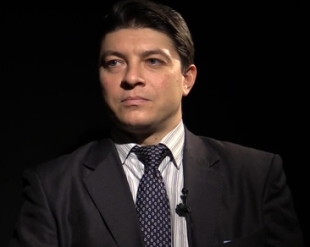
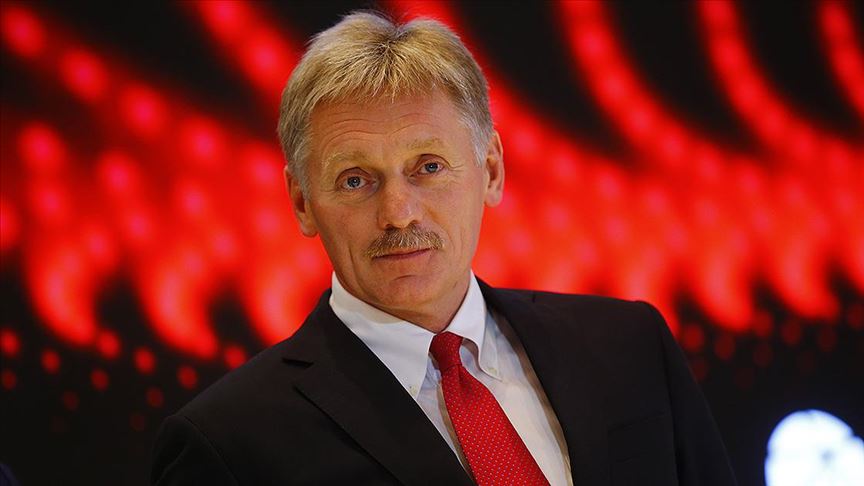
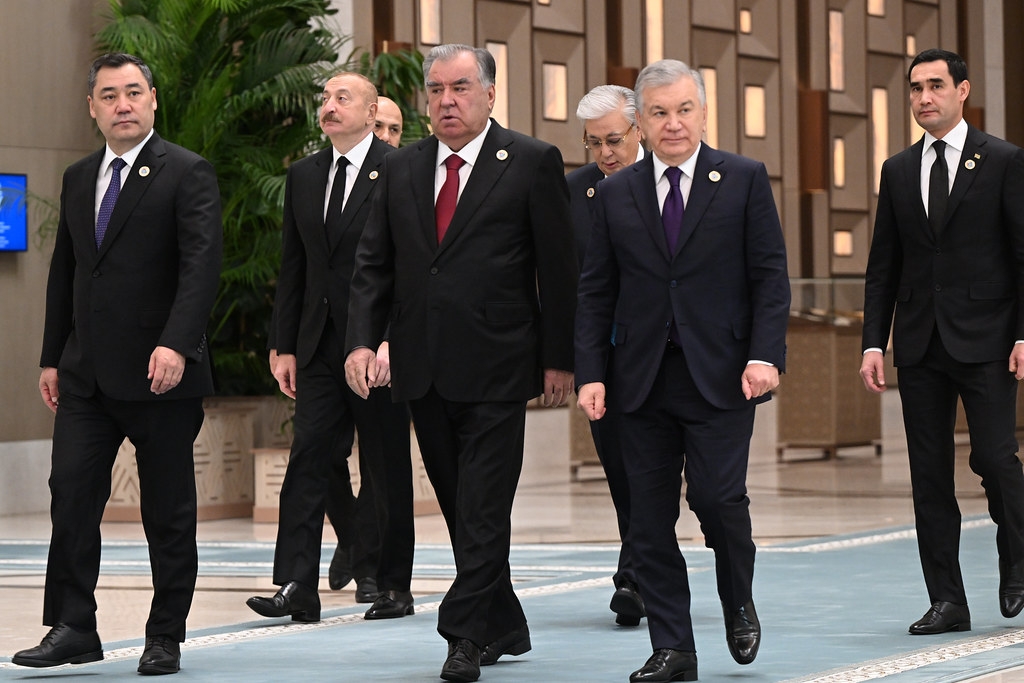
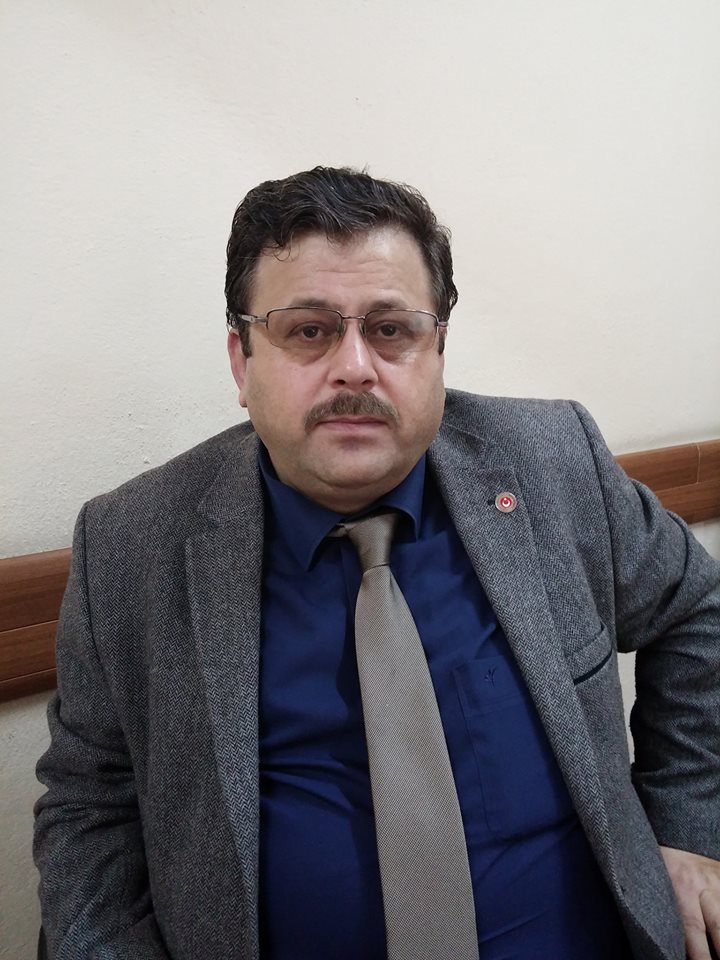
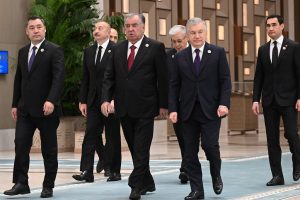
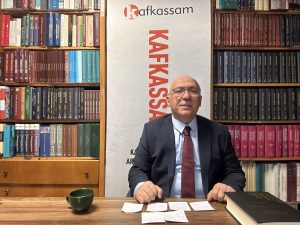

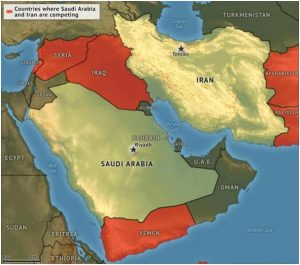
Yorum gönder